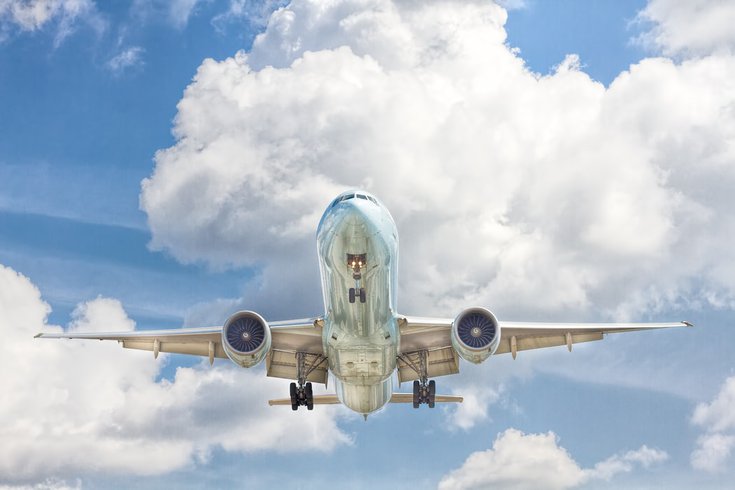
November 18, 2020
 @snowjam/Unsplash
@snowjam/Unsplash
The Boeing 737 could be flying passengers as soon as December after it was grounded due to two fatal crashes.
The Boeing 737 Max could carry passengers as early as December, after the infamous model was grounded for 20-months.
The Federal Aviation Administration issued the order on Wednesday that allowed the plane, which was the best-selling jet in Boeing's fleet, to be flown once again, CNN reported.
In March of 2019, the model was grounded after two fatal crashes killed 346 people. It was eventually discovered that a safety feature meant to prevent the plane from stalling would force the nose of the plane down, causing the crashes.
For the planes to be officially approved to fly passengers, the necessary changes to the faulty safety feature must be made, and then the FAA must inspect each individual plane. Pilots will have to complete additional training as well. That process is estimated to take a few weeks or months, depending on the airline.
The approval process cost Boeing more than $20 billion, which makes it among the most expensive mistakes ever made by a company, according to CNN.
This approval is the first step in a long process to allow the planes to fly across the world. The FAA orders only apply to U.S. domestic flights through American, United and Southwest Airlines. This totals only 72 planes of the 387 grounded.
International flights will need approval from those nations' aviation authorities before takeoff.
To date, only American Airlines has added the plane to its schedule in late December and early January. Southwest, which has 34 of the jets, is holding off on seeking approval until spring 2021, and United said it expects to fly those planes in the first three months of 2021.
Some family members of the victims that died in the crashes have pushed against the planes' return, saying Boeing made mistakes in the design of the 737 and that the FAA made mistakes on approving the original version, as well as in its second certification to fly it now.
"The plane is inherently unstable and it is un-airworthy without its software," Michael Stumo, whose daughter Samaya Rose Stumo died in the March 2019 crash, said to CNN. "They haven't fixed it so far. The flying public should avoid the Max in the future. Change your flight."
Stumo held a press conference Tuesday before today's announcement. He said the FAA should have required a third sensor be added to determine if the plane is stalling.
"We as family members want to avoid a third crash," he said.
The Air Line Pilots Association, a union representing U.S. airline pilots, said "ALPA believes that the engineering fixes to the flight-critical aircraft systems are sound and will be an effective component that leads to the safe return to service of the 737 Max."
The investigation into what went wrong on the plane took much longer than anticipated.
"The path that led us to this point was long and grueling," FAA Administrator Steve Dickson said to CNN. "But we said from the start that we would take the time necessary to get this right. We were never driven by a timeline, but rather following a methodical and deliberate safety process. During this time FAA employees diligently worked on the fixes that were necessary."
Dickson flew the plane himself in September and did the training that pilots will be required to complete.
"Based on all the activities we have undertaken during the past 20 months, and my personal experience flying the aircraft, I can tell you now I am 100% comfortable with my family flying on it," he said.
The European Union Aviation Safety Agency said Wednesday that it plans to take action sometime in late December or early 2021.
Transport Canada said it expects to finish its review "very soon," but added "there will be differences between what the FAA has approved today, and what Canada will require for its operators."
"We will never forget the lives lost in the two tragic accidents that led to the decision to suspend operations," David Calhoun, chief executive officer of the Boeing Company, said to CNN. "These events and the lessons we have learned as a result have reshaped our company and further focused our attention on our core values of safety, quality and integrity."
Aside from the software update to the faulty safety system, they discovered some problems with the safety of the plane's wiring. Questions also arose about the lack of training for pilots who moved from the original 737 to the 737 Max.
It was further discovered that many Boeing employees were privately expressing doubts about the planes during the original approval process. A few employees expressed concerns through an internal communication system.
"Would you put your family on a Max simulator trained aircraft? I wouldn't," one employee wrote.